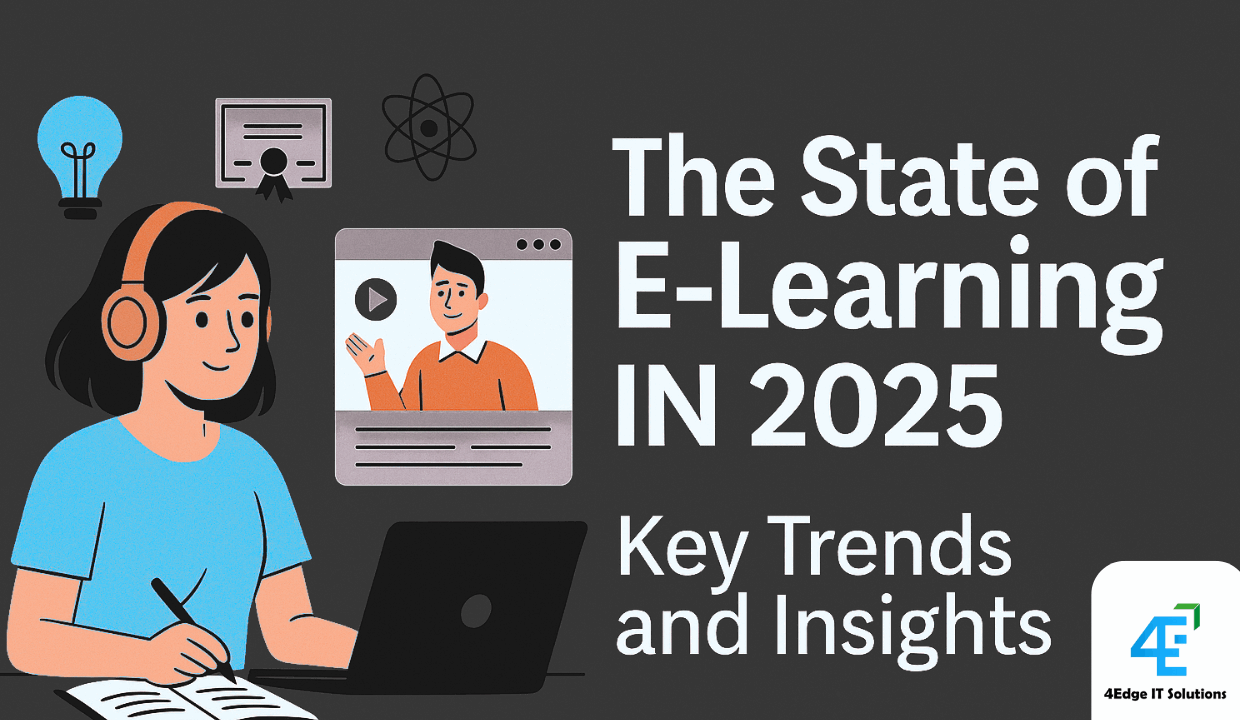
The Center for American Progress recently hosted a critical discussion on the state of online higher education in 2025, exploring the evolving landscape of digital learning in the U.S. As online education continues to expand, experts analyzed its impact on access, affordability, and educational quality. The conversation highlighted both opportunities and challenges, particularly around ensuring equitable access for underserved students.
Panelists emphasized that while online programs offer flexibility and affordability, they often struggle with lower completion rates and inconsistent quality compared to traditional in-person programs. The event spotlighted the need for stronger oversight, improved digital infrastructure, and targeted support to help students succeed in virtual environments, especially for marginalized communities.
The discussion also focused on policy recommendations, urging federal and state governments to increase investment in digital tools, provide additional funding for online student support services, and implement best practices to enhance the effectiveness of remote learning. As online higher education becomes a central component of the future academic landscape, experts agree that intentional reforms are necessary to ensure it benefits all students.
